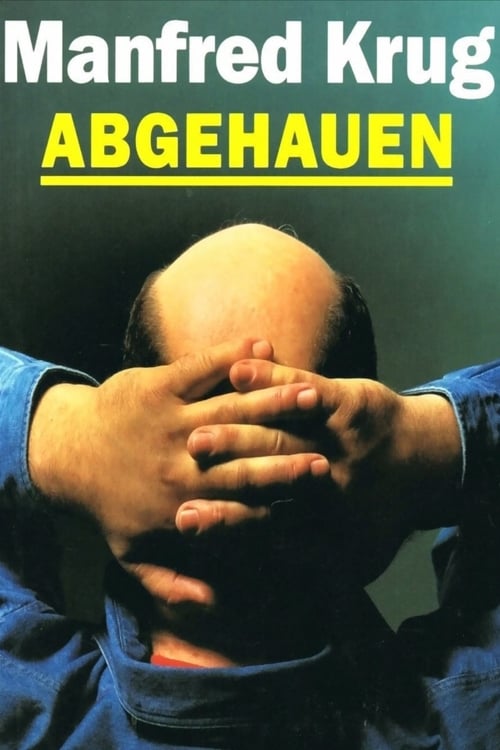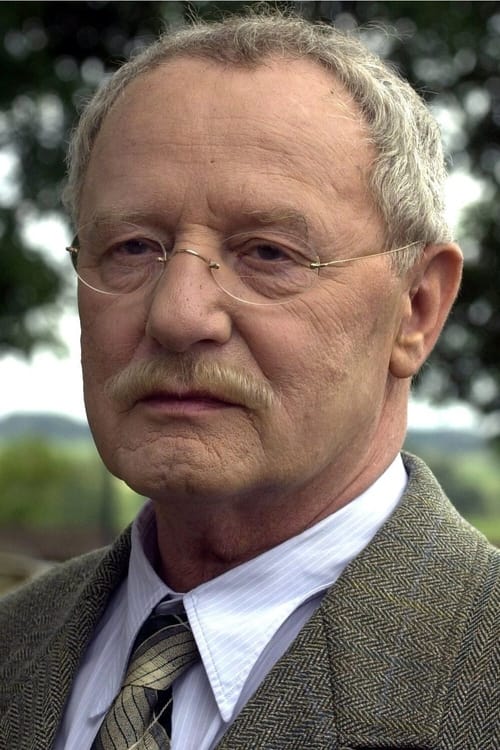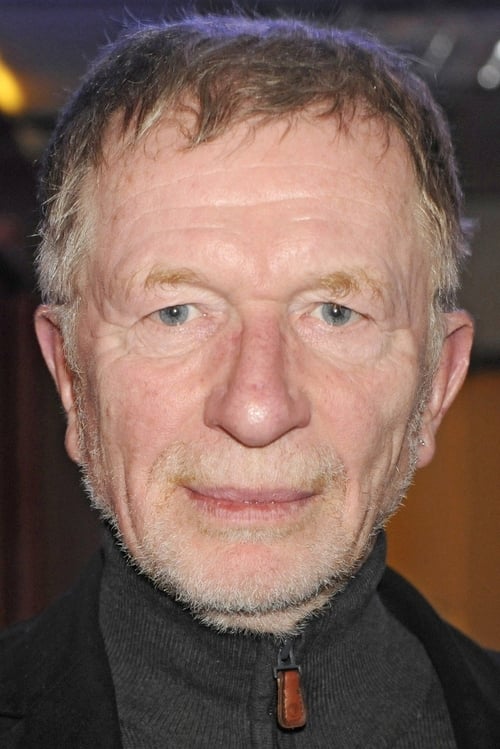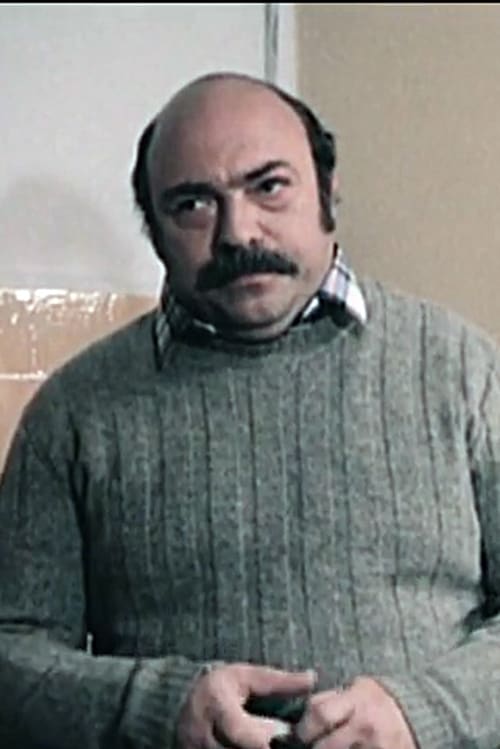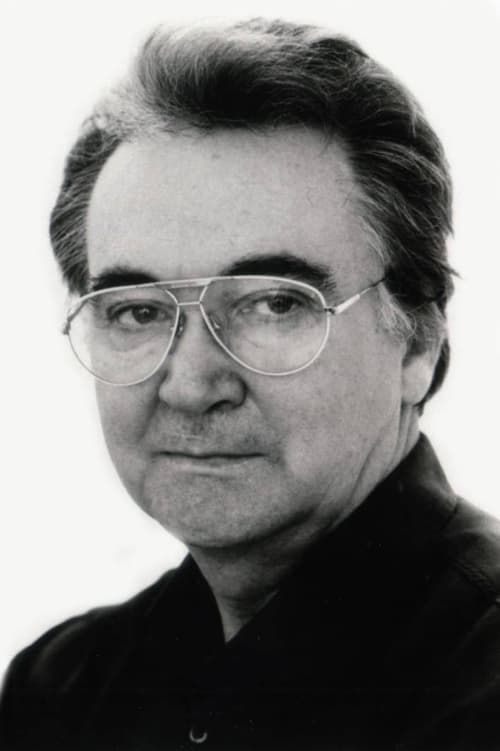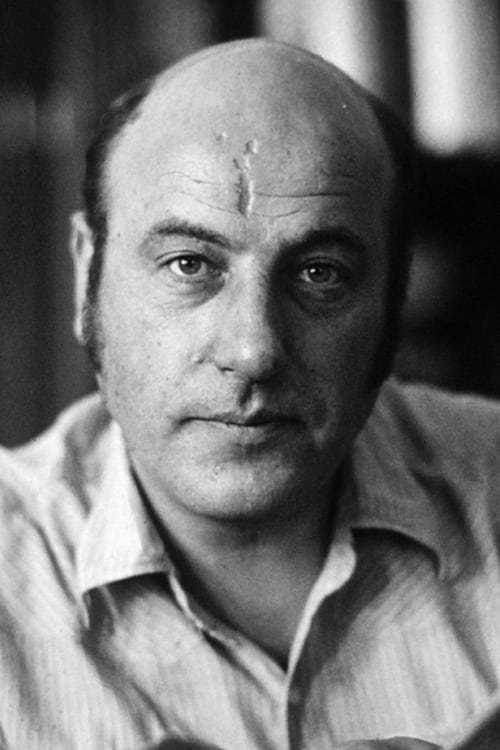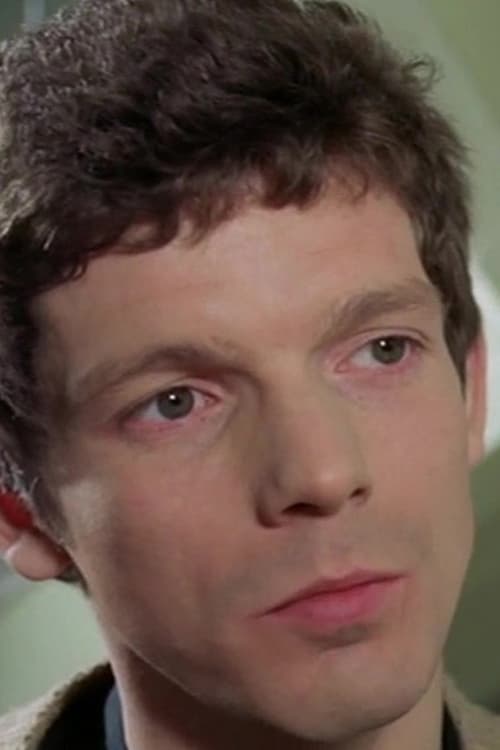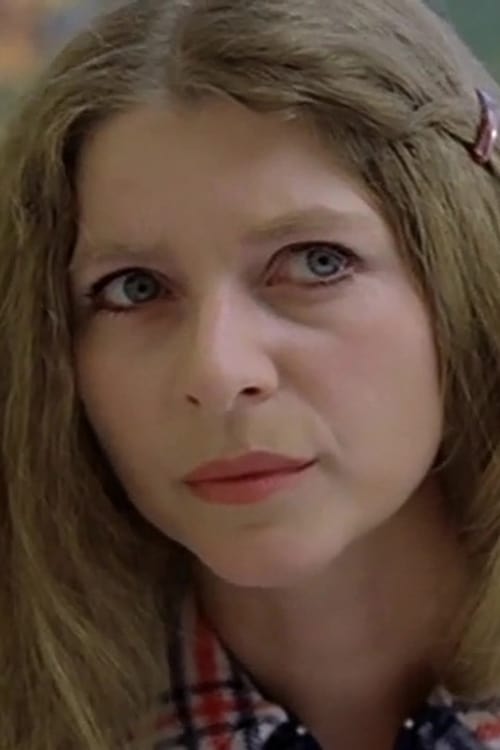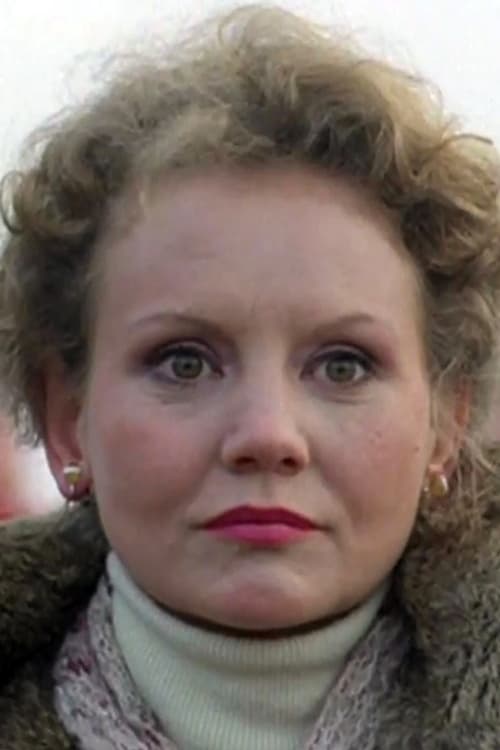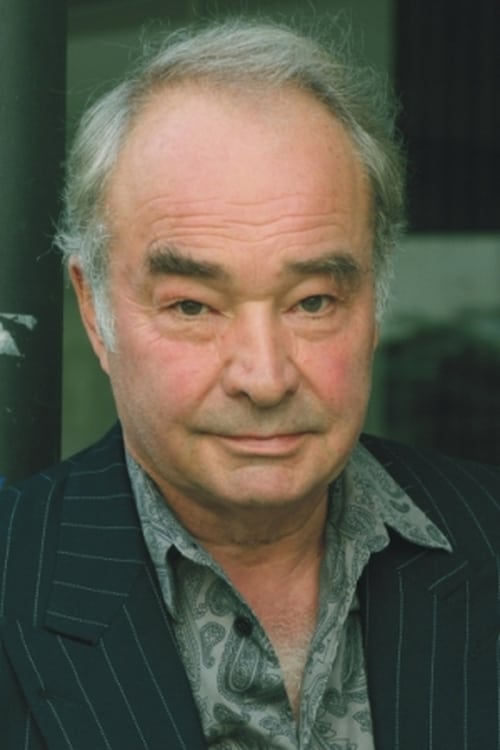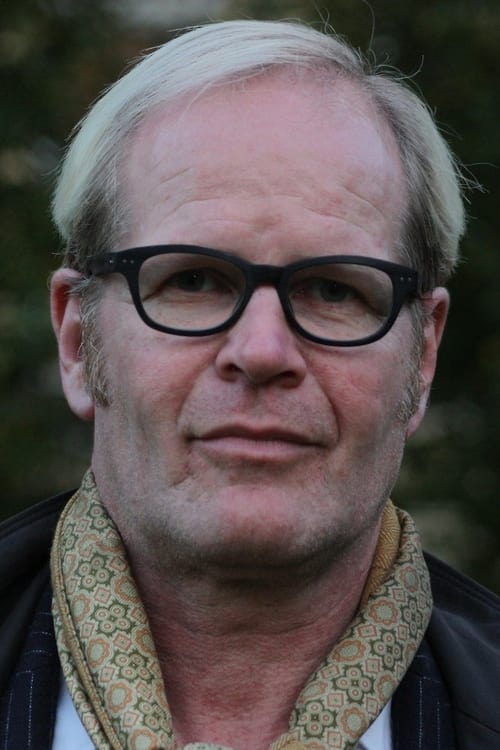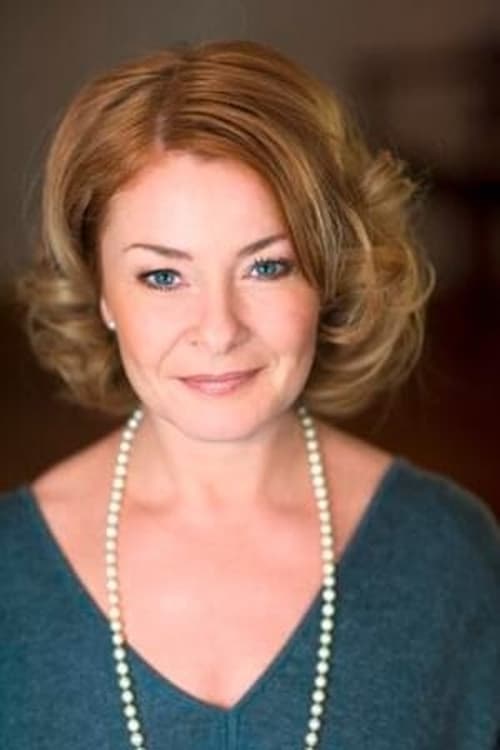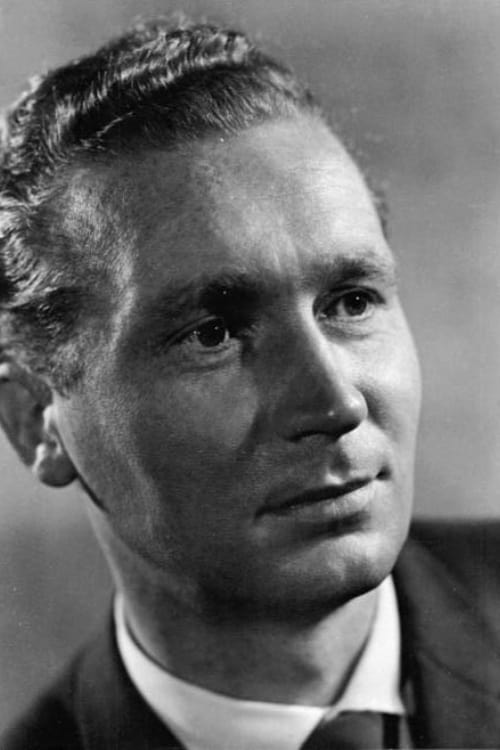Abgehauen (1998)
Gênero : Cinema TV, Drama
Runtime : 1H 30M
Director : Frank Beyer
Sinopse
The movie tells a true story in the life of well-known German actor Manfred Krug. Living in the German Democratic Republic he is forced to leave the country after protesting against the expatriation of singer/songwriter Wolf Biermann in 1976.

Jette and Johannes have been living together for two years when Johannes suggests that they "legalize" their relationship. Jette loves him, but the proposal of marriage terrifies her.

18-year old Georg and 13-year old Barbara have been playing together as children. Play becomes love later, which leads to a catastrophe , as their parents are hostile leading to file a report to the court, as Barbara is still under age.
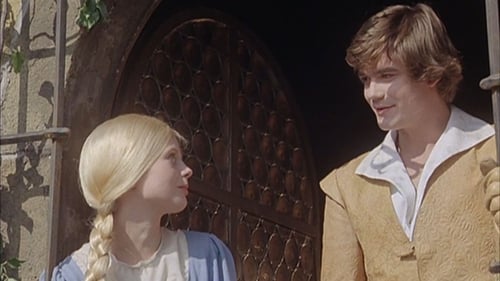
Adaptation of the classic fairytale.

Based on a true story, Miguel Alexandre's two-part drama focuses on an East German woman and the fight for her children. Spring 1982: Sara Bender, living with her daughters Silvia and Sabine in the East German town of Erfurt, wants to marry her colleague Peter, but shortly before the wedding, her father is killed in a road accident. As the funeral takes place in West Germany, she isn't allowed to got there, so she starts planning to leave her communist home country forever. Trying to flee via Romania, she is caught by the secret service. After years in jail, Sara is ransomed by the West German government, but without her daughters. To draw the world's attention on her desperate situation, she starts demonstrating at the Berlin border crossing Checkpoint Charlie

This film undertakes a journey into the amazing parallel universe of East Berlin’s fashion designers and experts in the art of survival. For, in the midst of the constraints of life in the GDR, there existed a fantasy world where it was possible to dance to another tune, be individual and even provocative. The most important characteristic of this bohemian scene was one’s per- sonal style. But this certainly wasn’t something that could be bought off the peg in the GDR. In this parallel universe it was up to you to create your own individual image – with your own hands. This film tells the story of the desires, the passion and the dreams that were tried and tested, lived and performed in the shadow of the Berlin Wall.
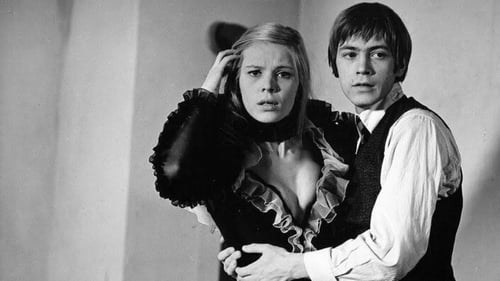
In August of 1914, amidst the public ecstasy surrounding the impending war, Hans Gastl, the young son of a Munich bürger, makes a decision: he will not take part in this war. This resolution signifies a turning point in his life; a farewell to his class and his family.

Mauritius Halbermann, nicknamed "Mauts", works as an advertising manager for Gravo-Druck, a state-owned print company. Mauts, a man obsessed with his work, incessantly percolates with marvelous ideas - and now that he has once again come up with another brilliant idea, he naturally wants to present his proposal to his boss. As it happens, his supervisor along with his entire family and some of Mauts's colleagues - including Lore who Mauts secretly fancies - have gone on a holiday trip.

Heiko, 51, a sheet metal former trained in GDR times, unemployed since the fall of the wall, pisses on his bed and on the carpet. The film encounters Heiko's dysfunctional family history and his decision to be alone forever. Piss and GDR, a reflection of how deep the consequences of the fall of the Wall are still in the bodies of some people to this day.

After a breakdown, Rita returns to her childhood village in 1961. As she recovers, she remembers the past two years: her love for the chemist Manfred, ten years her senior; how his enthusiasm about his new chemical process turned to bitter disappointment in the face of official rejection; how he escaped to West Berlin a few weeks before the Wall was built and hoped that she would follow him …
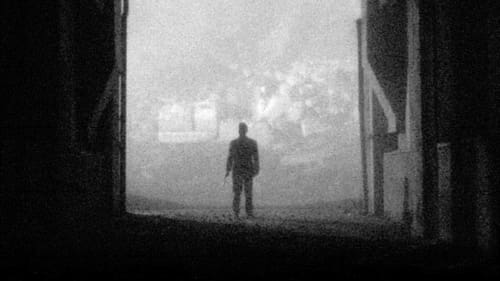
Set against the backdrop of post-unification Germany, the film explores the breakdown of relations in a decaying social structure.

In 1988, the East Berlin homicide squad again and again encounters crimes that - according to the opinion of party leadership and state security - do not exist in socialism.

The famous actor Ralf Horricht is a pain in his current director's butt while shooting a comedy about the army. So Horricht believes it a joke, when he receives an induction-order as reserve-officer... but the captain tries his best to make him realize this is no laughing matter.

Ete and Ali are discharged from the army. Since Ete knows that his wife is having an affair, he doesn't want to go home. Ali tries to persuade his friend to stand up for himself and to kick the other man out. But since Ete obviously lacks courage, Ali himself goes into action and gets rid of the rival lover. At first, Mary and Ete seem to reconcile, but repairing their marriage won't work.

The crew of a small Saßnitz fisherman has problems with the "making a cultural socialist life". In order not to lose the competition prize again in the future, they want to show the organizer a collective weekend with all the trimmings. And they really do not mind ...

August 1961. The former Foreign Legionnaire, King, has collected a gang of hooligans, with whom he creates mischief in the GDR. After some careless work on a construction site, an event during which two people lose their lives, they move to a campsite on the Baltic Sea. With sputtering mopeds, loud radios, and occasional outbursts, the gang makes the vacationers' lives living hell. Unfortunately for them, Lieutenant Czernik discovers the connection between them and the accident at the construction site. To stop them from fleeing to West Berlin, Lieutenant Czernik and the police need to arrest them, one at a time, with King as the last.
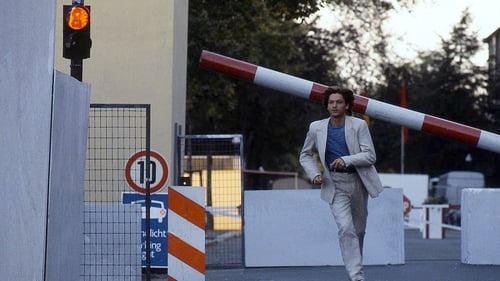
Meier, a paperhanger in East Berlin, inherits from his father in West Berlin. With this money he wants to fulfil himself the dream of his life: a journey around the world. He buys a forged West German passport and pretends to go on a trip to Bulgaria while he really is off to see the free world. When he wants to return to East Berlin he finds himself in an unbelievable predicament and his double life begins. He can't keep away from his East German friends. As with all the best comedies, the action builds up to an eventual crisis. It's a light comedy, which won several national Film Academy Awards. The film is very political, with lots of political jokes/innuendos which only Germans will understand. One is left feeling what a total obscenity that stupid Wall was, dividing one people for 30 years (1-2 Generations) simply by the coincidence on where you just happen to be in the early morning on the 13th August 1961.

This first co-production between the GDR and Great Britain is intended to contribute to an understanding of the situation and attitudes of millions of working people in opposing social orders. Using the example of shipyard workers, fishermen, the brigade and family of a trade union active cook and unemployed person of various ages and professions in Newcastle on the one hand and a brigade of crane operators of the Warnowwerft and fishermen of the Warnemünde cooperative on the other hand, insights into the way of life and attitudes of people of our time are to be conveyed.

The movie tells a true story in the life of well-known German actor Manfred Krug. Living in the German Democratic Republic he is forced to leave the country after protesting against the expatriation of singer/songwriter Wolf Biermann in 1976.
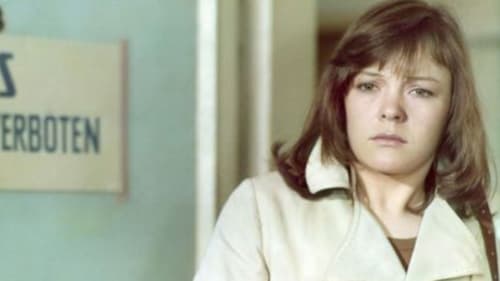
Scenes from an East German marriage. A young couple, Sonya and Jens, are very much in love; they get married and have a child. When Sonya wants to go back to work after her maternity leave, they clash for the first time; Jens insists that she remain a full-time wife and mother. Until Death Do Us Part turns an actual police report into a gripping drama, as the director explores the depths of his characters' emotions, driving the conflict to a catastrophic climax.
